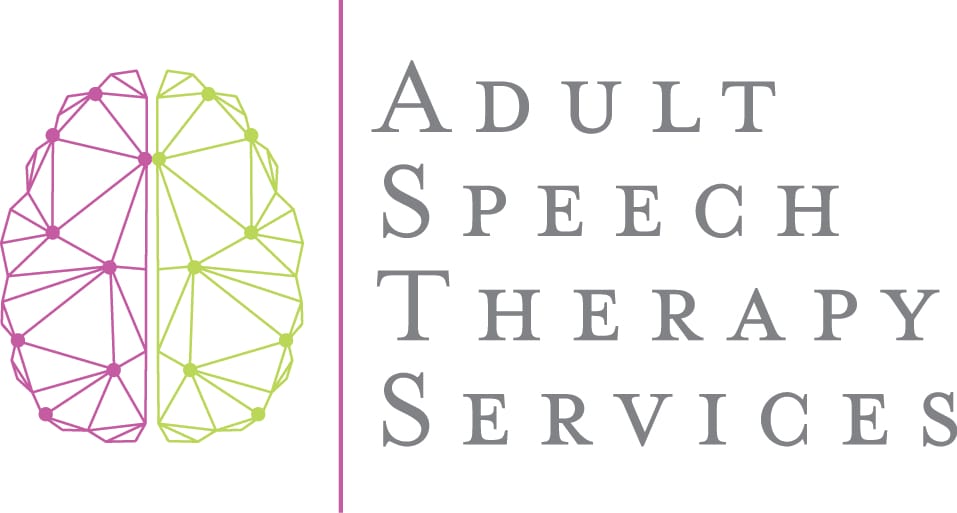Many individuals who have endured chemotherapy treatment report changes in memory, attention, word-finding, and executive functioning skills.
These symptoms, commonly referred to as “chemo brain,” are caused by changes in the brain’s structural components- cells and neurons.
The symptoms of “chemo brain” can also be caused by other factors that frequently affect cancer survivors, such as radiation treatment, depression, anxiety, and changes in sleep patterns.

Some Common Cognitive Changes Following Chemotherapy Include:
Memory Problems: Patients may experience difficulties with short-term memory, such as forgetting details of recent conversations or events. They may also have trouble with concentration and attention span.
Difficulty with Multitasking: Chemotherapy can impair the ability to manage multiple tasks simultaneously, leading to decreased efficiency in completing tasks that require simultaneous attention.
Slower Processing Speed: Patients may notice that they take longer to complete mental tasks or respond to stimuli. This could manifest as delays in decision-making or slower reaction times.
Word Finding Difficulties: Some patients may struggle to recall specific words or names, experiencing what’s commonly known as “tip-of-the-tongue” moments.
Impaired Executive Function: Executive functions, such as planning, organization, and problem-solving, may be affected by chemotherapy, making it challenging to manage daily activities effectively.
Decreased Mental Flexibility: Chemotherapy can lead to a decreased ability to adapt to changing situations or to switch between different tasks or trains of thought.
Emotional Changes: Patients may experience heightened emotional responses, such as increased irritability, anxiety, or depression, which can further impact cognitive function.
Fatigue: Fatigue is a common side effect of chemotherapy, and it can exacerbate cognitive difficulties by reducing alertness and mental stamina.
Therapy
The good news is that individuals experiencing “chemo brain” can adopt strategies and simple daily habits to help cope with, and improve, symptoms.
During speech therapy treatment clients learn recommendations for general self-care, compensatory strategies to help cope with symptoms, and brain exercises to promote brain healing and improved function.
For more information about speech therapy treatment for cognitive-communication challenges following chemotherapy, call us at 301-323-8486.
Sources to use to gather more information if needed:
● What is chemo brain. (2023).
https://www.cancer.org/cancer/managing-cancer/side-effects/changes-in-mood-or-thinking/chemo-brain
● Mayo Foundation for Medical Education and Research. (2023, February 9). Chemo brain. Mayo Clinic.
Testimonials



